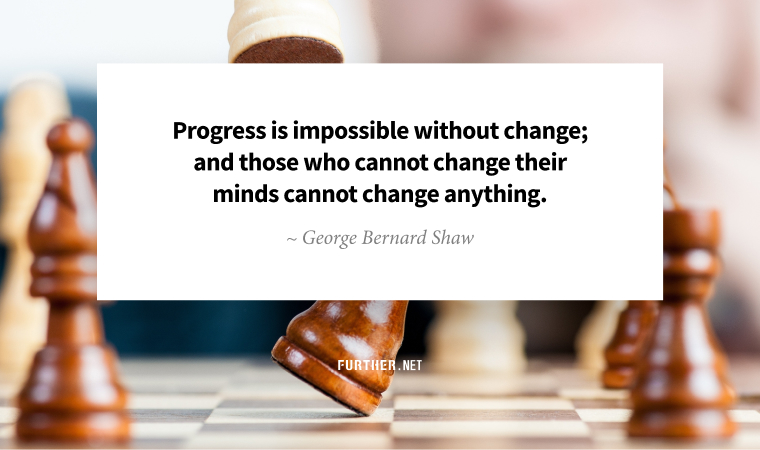
This past week, Maria Shriver hosted a “Radically Reframing Aging” summit featuring leading multi-disciplinary longevity experts and inspiring personalities.
In every presentation, whether about the physical, psychological, spiritual, or emotional aspects, there was copious evidence that our beliefs about aging shape our experience of it.
This is not to say ageism isn’t an issue (it is), but as research shows, our brains can be among the worst perpetrators.
Thoughts like I’m too old or it’s too late are common reasons we fail to act. And limiting beliefs don’t necessarily age; the same self-sabotaging ideas that plagued you as a kid may still bring you down today.
Before you waste another minute on your ego’s petty need to stay safe, it’s time to take a philosophically expansive view of limiting beliefs.
What Do You Think?
“Limiting beliefs” might sound new-agey, but esteemed thinkers have been exploring the concept for ages. The French philosopher René Descartes, famous for saying, “I think, therefore I am,” wrote in 1641 that everything he knows is likely false because all information is sensory, and senses can be deceptive.
[Descartes] set about rejecting absolutely everything he thought he knew, with the aim of allowing back in only those beliefs that he could be absolutely certain was not mistaken.
That’s pretty radical, but you can do a version of that by simply questioning your deeply held beliefs.
Then, take it a step further by embracing 18th-century philosopher Immanuel Kant’s assertion that we view everything through a filter because only “phenomena” (things as observed) and not “noumena” (things-in-themselves) are visible to us.
In other words, we see the world through belief-colored glasses. Make the effort to remove them, and we may see a different view.
Break the Limits
Once you’ve identified your self-limiting beliefs and acknowledged things aren’t necessarily as they appear, you’re ready to do the work. First up: articulate thoughts that are blocking your progress by writing them down or discussing them with a friend.
This may be uncomfortable, but it’s necessary.
Next, try out a new, more positive filter. For example, what if being old meant being wise, not irrelevant? This can help you see how your associations limit your opportunities.
While you’re at it, reject double standards — the crappy things you tell yourself that you’d never say to a friend. And finally, embrace the fact you’re not a “rational robot.”
Our emotions change more slowly than our beliefs. Expect to feel the influence of your limiting beliefs even after, rationally, you’ve accepted that they’re false. That will change eventually.
And that’s the ultimate release from limiting beliefs: embracing the inevitability of change. It pushes you in two directions: evolution or destruction.
Your choice is limited solely by the path you decide to walk.
How to change your self-limiting beliefs (Psyche.co)
